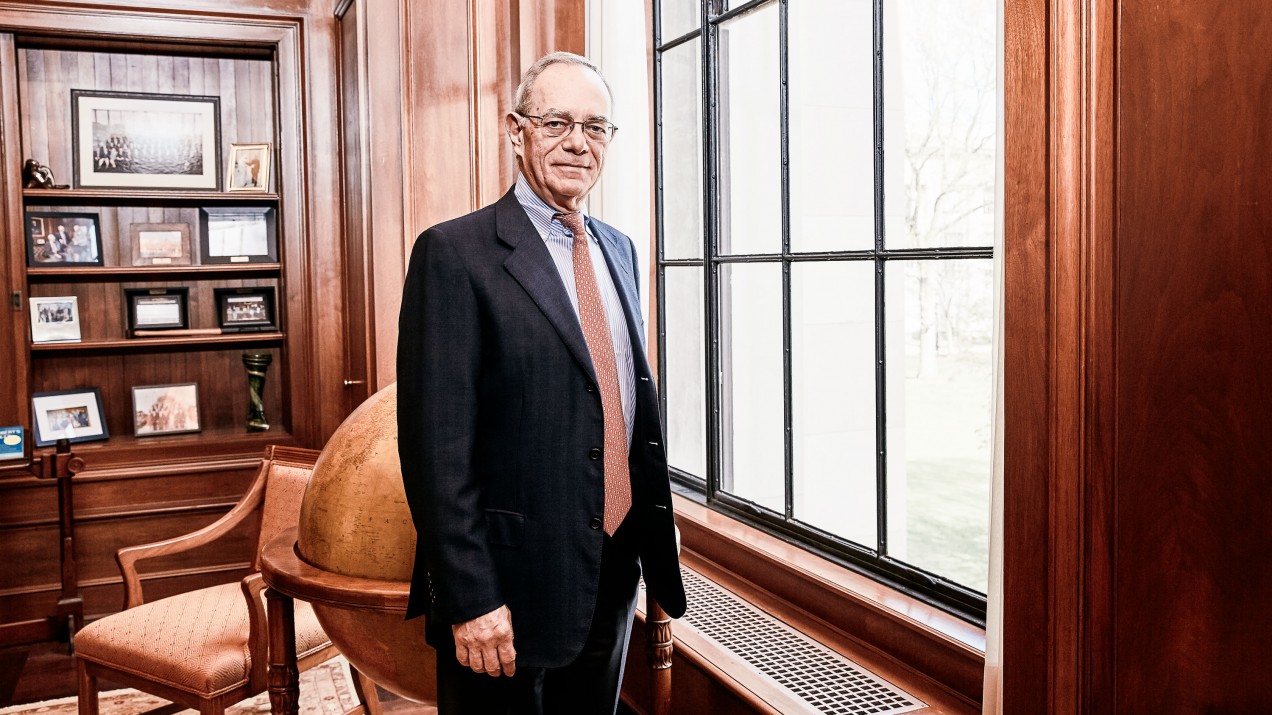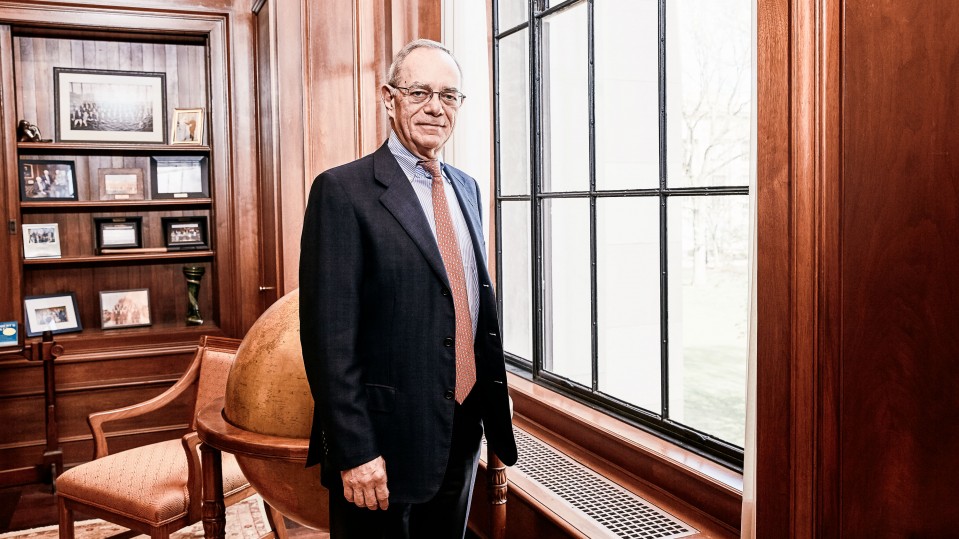

The Nobel laureates of noble causes
Professors Esther Duflo and Abhijit Banerjee exemplify the very best of MIT.

When the 2019 Nobel Prize in Economic Sciences was awarded to Esther Duflo, PhD ’99, and Abhijit Banerjee, the world got a glimpse of how their passionate dedication to alleviating global poverty has improved the lives of millions of people. Not long after delivering their Nobel lectures in Stockholm, they and co-winner Michael Kremer announced they would donate the prize money to advance research in development economics. Hearing this, I was struck once again by how the spirit of their work and their journey to the Nobel reflect their deepest values, and MIT’s.
Faced with a knot of hard problems—the intertwined challenges of extreme poverty around the world—our newest laureates seized the opportunity to apply their knowledge and achieve tangible results. Taking an experimental, hands-on, very MIT approach, they pioneered the use of randomized controlled trials, or RCTs, to test poverty-fighting theories and programs “on the ground.” By providing a rigorous way to determine which interventions work best and why, they revolutionized both the study and the practice of global development work. One could not ask for a better illustration of MIT’s philosophy of Mind and Hand.
Since cofounding the Abdul Latif Jameel Poverty Action Lab (J-PAL) in 2003, Duflo and Banerjee have emphasized broad collaboration—a central theme of life at MIT and of nearly all successful scientific research. They work closely with a network of researchers and organizations carrying out experiments across five continents on a wide range of issues, including teacher absenteeism, child immunization, business development, and food supply chains.
Their Nobel lectures emphasized how much they value this collective effort as they seek to make an impact on a global scale. Banerjee opened his talk by acknowledging his fellow “randomistas,” researchers using RCTs to study poverty alleviation policies around the world. Duflo—the youngest person and only the second woman to win the economics prize—began by saying the award was not for her and her two colleagues, but for an entire community of researchers, staff, students, and partners. And the prize money they donated will create invaluable opportunities for rising young talent in economics.
A spirit of generosity and a future-oriented outlook. Intellectual daring and rigor. And a drive to apply knowledge in the real world to solve complex and urgent problems. Exemplifying all of these qualities, our newest laureates represent the very best of MIT.